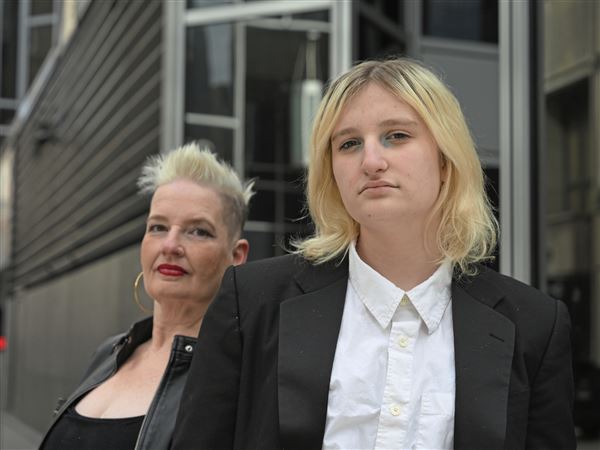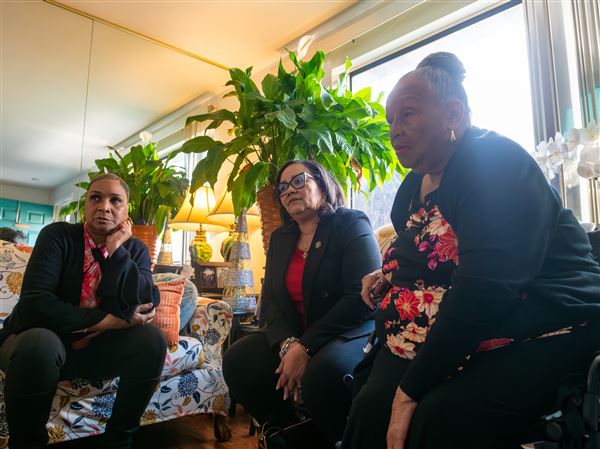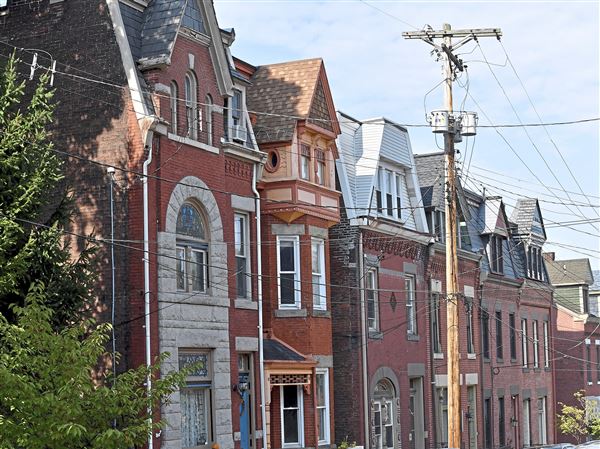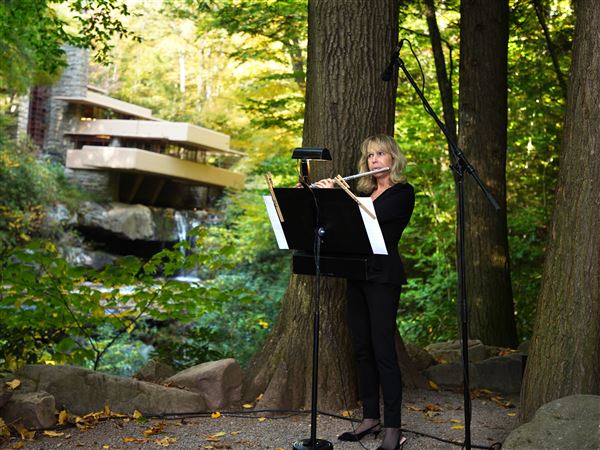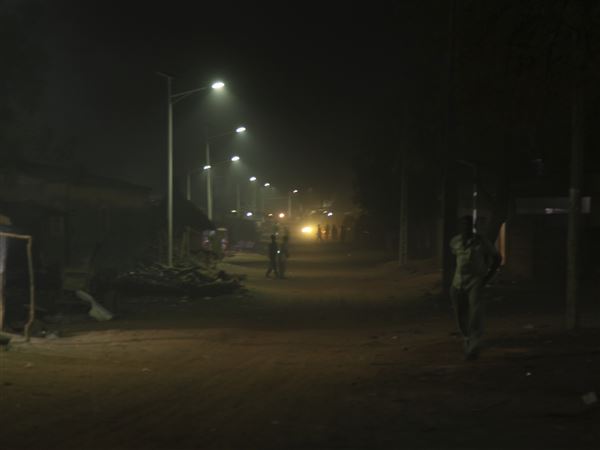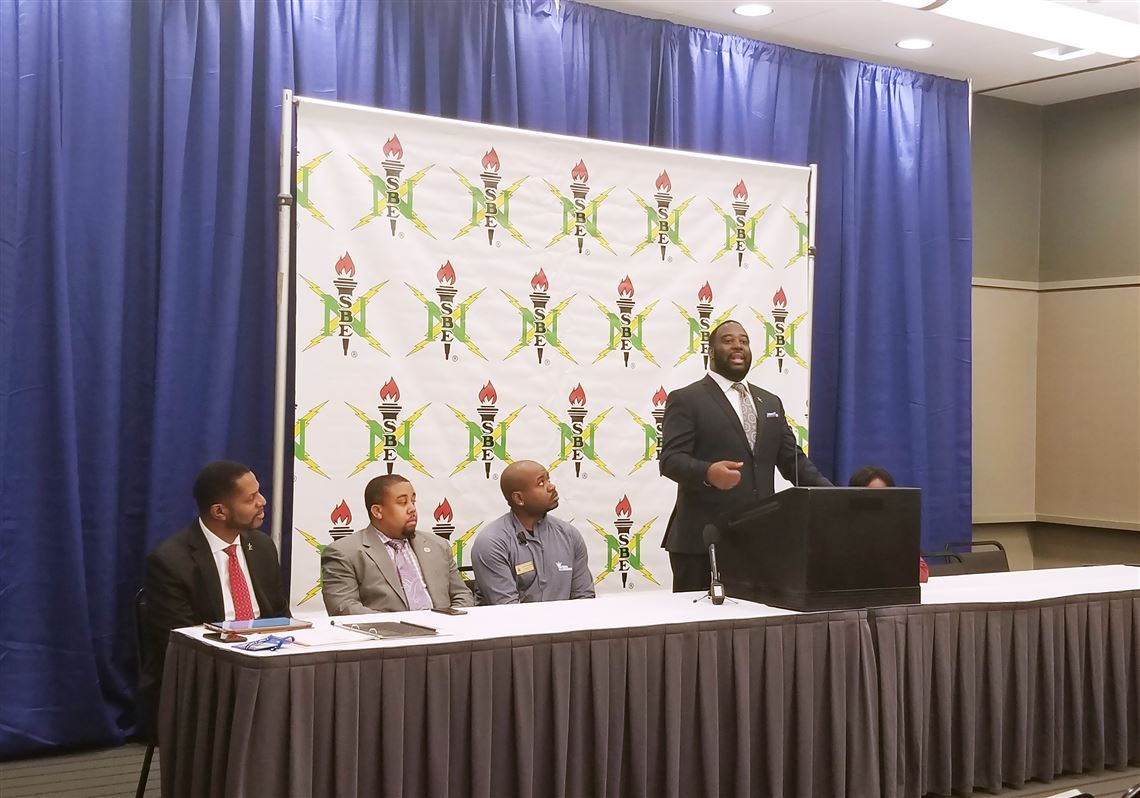Matthew Nelson recalls the feeling of being the only black person in his engineering classes at the University of Michigan. And he remembers being the only person over the age of 19 because he was a nontraditional student.
“I was a high school dropout,” said Mr. Nelson, who now serves as the national chair of the National Society of Black Engineers. “I failed out in ninth grade and I was able to figure out how to recover because I had some folks who really cared.”
He would get a full ride to the University of Michigan and drop out during his junior year. After seven years away from college, he realized it was imperative to have a degree in an increasingly knowledge-based economy.
Now, he’s a Ph.D. student in design science at Michigan and he’s working to get more people who look like him into careers related to science, technology, engineering and mathematics.
Thousands of black engineering students will be milling around the Downtown area over the next few days as a part of NSBE’s annual conference, which returns to Pittsburgh for the first time since 2012. It’s expected to be the largest event yet, with 12,000 attendees at the David L. Lawrence Convention Center.
The organization is focused on helping to graduate 10,000 black engineers annually by 2025, a huge leap from the 3,501 that graduated in 2014, according to the group.
Workshops, networking events and conferences are key to exposing students to engineering, Mr. Nelson said. “They see other engineers that look just like them and give them that notion that they can do it.”
Pittsburgh is home to eight NSBE chapters including one at the University of Pittsburgh and a few in high schools, such as Taylor Allderdice in Squirrel Hill and Westinghouse High School in Homewood. Globally, the organization boasts 500 chapters and 16,000 active members.
Whether a collegiate program or an “NSBE junior” program, each chapter is ultimately tasked with preparing black students for careers in engineering.
Karl Reid, executive director, said that even before the computer age hit, demand for technical talent was high. In the 1950s, economists Robert Solow and Moses Abramovitz produced a report that noted 85 percent of per-capita income growth in the U.S. was associated with technological change.
“We can imagine what that looks like today,” he said, adding that there’s an expected shortfall of STEM graduates in the coming years.
Pittsburgh has worked with NSBE in the past. Last summer, the society partnered with the city and local corporations like PPG to give 74 students three weeks of engineering experience at the Urban Academy of Greater Pittsburgh in Larimer. SEEK is designed to be a hands-on and fun curriculum for third through fifth graders.
Sossena Wood, a Ph.D. candidate in bioengineering at Pitt and a member of its chapter, said she’s focused on extending STEM education to youth in the city — the next generation of tech employees.
“What matters is getting out of the NSBE hierarchy and getting your hands dirty in the community and really working with the children in our community,” she said. “They need us more than anything.”
Courtney Linder: clinder@post-gazette.com or 412-263-1707. Twitter: @LinderPG. Join the Tech.pgh Community!Sign up for Courtney Linder’s free newsletter.
First Published: March 23, 2018, 12:00 p.m.

